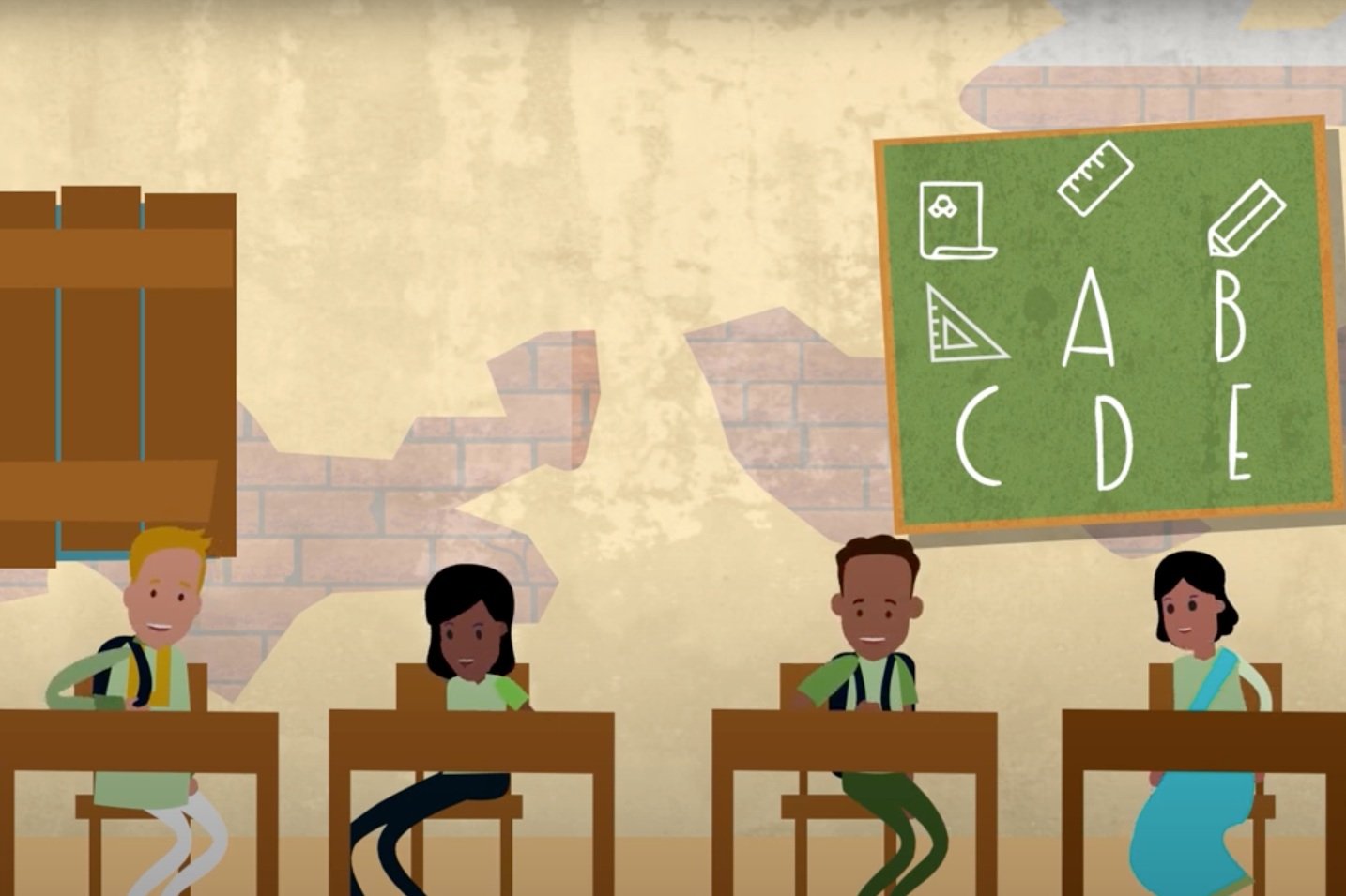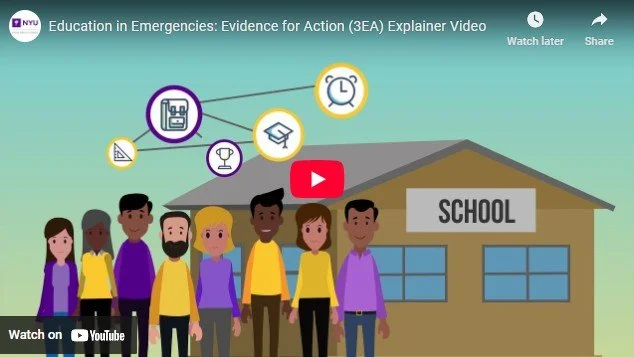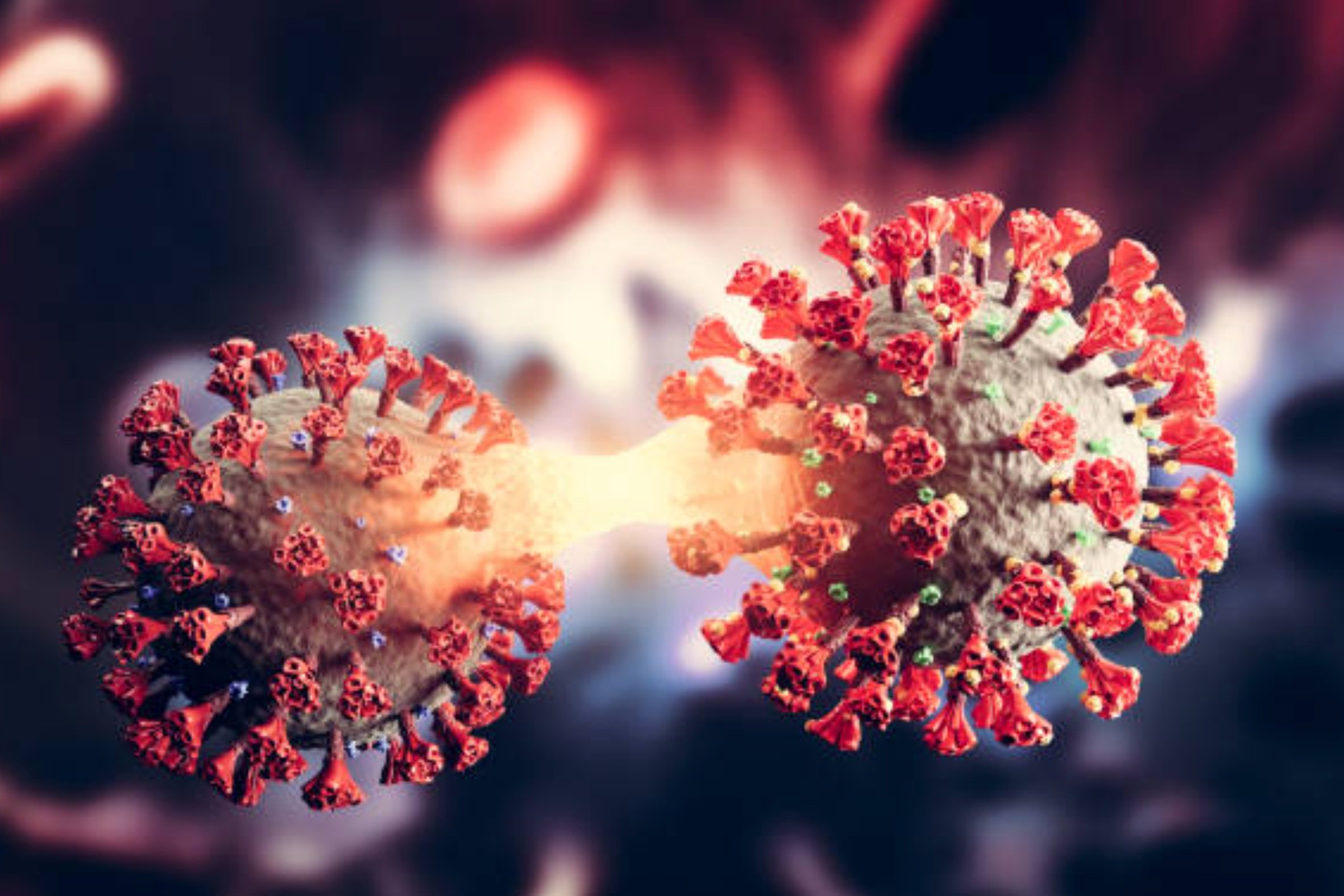Resources
Looking at Play Through the Eyes of Rohingya Children in Cox's Bazar
The second brief in our series aims to capture the point of view of young Rohingya children in order to provide context to how they may be mediating between their world of origin and the host society through play. Our data show that Rohingya children demonstrate a tremendous amount of spontaneous and creative activity in their everyday lives, despite the many challenges in the Cox's Bazar camps. This brief provides fresh perspectives into the remarkable resilience and creativity these young children possess.
Looking at Play Through the Eyes of Rohingya Children in Cox's Bazar
The second brief in our series aims to capture the point of view of young Rohingya children in order to provide context to how they may be mediating between their world of origin and the host society through play. Our data show that Rohingya children demonstrate a tremendous amount of spontaneous and creative activity in their everyday lives, despite the many challenges in the Cox's Bazar camps. This brief provides fresh perspectives into the remarkable resilience and creativity these young children possess.
Family Socialization and Experiences of Early Childhood Programs in the Rohingya Camps: Study Protocol
Image credit: Van Tay Media (@vantaymedia on Unsplash)
Teachers’ Observations of Learners’ Social and Emotional Learning: Psychometric Evidence for Program Evaluation in Education in Emergencies
Rigorous evaluation of social and emotional learning programs requires the use of measures that provide reliable and valid information on the meaningful differences in children’s social emotional skills across treatment and control groups, as well as changes over time. In contexts affected by conflict and crisis, few measures can provide the evidence required to support their use in program evaluations, which limits stakeholders’ ability to determine whether a program is working, how well it is working, and for whom.
Reimagining Education in Emergencies: Lessons from research in three crisis-affected countries RewirEd Summit virtual session
The pre-recorded video was disseminated to global key stakeholders participated in the RewirEd summit.
التعليم في حالات الطوارئ
الوصف: يركز هذا الفيديو التوضيحي على "إنشاء الأبحاث": الدروس المستفادة والنصائح العملية للباحثين وأصحاب المهنة لتوجيه المجال نحو إنشاء الأبحاث. للمزيد من المعلومات حول هذا العمل، اقرأ هنا: https://www.cambridge.org/core/journa..
L'éducation en Situations d'Urgence : Vidéo Explicative des Preuves Pour l'Action (3EA)
Cette vidéo explicative est axée sur « Construire une science pour l'action » : leçons tirées et conseils pratiques pour les chercheurs et les praticiens afin de faire avancer le domaine de l’éducation vers la construction d'une science pour l'action.
Education in Emergencies: Evidence for Action (3EA) Explainer Video
This explainer video is focused on “Building a Science for Action”: Lessons learned and practical advice for researchers and practitioners to move the field towards building science for action. The 3EA initiative, born out of a research-practice partnership between TIES and the International Rescue Committee, aims to generate evidence and tools on what works to improve children’s holistic learning and development. This work also aims to improve the quality of program implementation and to answer the questions of what works, how, for whom, and under what conditions.
Education in Emergencies: Evidence for Action (3EA) Explainer Video
This explainer video is focused on “Building a Science for Action”: Lessons learned and practical advice for researchers and practitioners to move the field towards building science for action. The 3EA initiative, born out of a research-practice partnership between TIES and the International Rescue Committee, aims to generate evidence and tools on what works to improve children’s holistic learning and development. This work also aims to improve the quality of program implementation and to answer the questions of what works, how, for whom, and under what conditions.
TEACHERS IN CONFLICT CAN SUPPORT STUDENTS’ MENTAL HEALTH — IF WE INVEST IN THEIRS
Few of us were prepared to take on the role of teacher in the wake of COVID-19 school closures – one we often take for granted. Indeed, if this past year has taught us anything, it should be the value of student contact with a teacher at school. Research confirms that teachers are the most important school-based factor in student learning, and their effects can be detected well into adulthood. But while we expect teachers to don the hats of social worker, psychologist, and mentor, among others, we collectively do little to support them in their work. This is especially true in developing countries, where teachers are often embedded in and products of a struggling educational system that cannot or does not adequately support them. As millions of children return to schools in the wake of the COVID-19 pandemic, we have a moral obligation to support the well-being of teachers and, by extension, a healthier classroom culture. An investment in social-emotional learning (SEL) can help.
Adrenocortical and psychosocial responses of families in Jordan to the COVID-19 pandemic
This study of 52 predominantly lower income Jordanian and Syrian families with young children (31 girls; Mage = 53.37 months, SD = 3.53) in Jordan began in 2019, before the pandemic. Families were followed to explore stress physiology, family functioning, and mental health over the first 9 months of the pandemic. Mothers reported less adaptive coping and more negative changes to family life in June 2020 when their children had poorer behavioral self-regulation and more behavior problems, and when families had lower income, in 2019. More negative changes to family life predicted greater hair cortisol concentrations in children in June 2020, and more negative changes and less adaptive coping predicted worse child and mother psychosocial adjustment in December 2020.
Arabic Sesame Street helps children explore emotions
Sesame Street began airing an Arabic-language show called “Ahlan Simsim” (Welcome Sesame) in the Middle East with a focus on dealing with emotions.
Can tutoring informed by social-emotional principles improve learning outcomes? A look across multiple conflict-affected contexts
What can be done to improve learning outcomes for the millions of children growing up in conflict-affected societies and enrolled in under-resourced school systems? How can the global community safeguard the right of every child, including those in crisis settings, to a quality education and position them to heal, learn and thrive? What are the best interventions that achieve the greatest outcomes for the most children in humanitarian contexts?
Research & Innovation for Refugee Education: Gamified Learning Measurement Tool | NYU Steinhardt
While nearly 1 billion children were out of school worldwide in 2020 due to the COVID-19 pandemic, the lack of access to education was most pronounced among children in low- and middle-income countries. A new research-practice partnership is working to develop a tool to measure holistic learning outcomes across distance education and digital learning interventions in humanitarian settings.
Social Science–Based Pathways to Reduce Social Inequality in Youth Outcomes and Opportunities at Scale
Despite a recent call for an expanded research agenda that is more likely to produce tangible societal reductions in inequality, efforts to articulate how social scientists can actually pursue this agenda remain few and far between. The central question this article addresses is, What can social scientists do to deliver the forms of knowledge that may lead to a reduction of social inequalities in youth outcomes and opportunities at large scale? Drawing on conceptualizations of inequality that pay attention to mechanisms of distributional and relational inequality, and examples of initiatives from a diverse array of the social sciences, the authors delineate six pathways for the kind of research that may generate reductions in youth inequality at scale. The authors conclude with a set of proposals for what academic institutions can do to train and support researchers to carry out this research agenda.
Book Review: Early Childhood Development in Humanitarian Crises: South Sudanese Refugees in Uganda by Sweta Shah
Early Childhood Development in Humanitarian Crises: South Sudanese Refugees in Uganda, Sweta Shah’s comprehensive book on early childhood development (ECD) in humanitarian crises, benefits from, and is likely to draw criticism for, its stated desire to appeal to a wide audience. Any part of this expansive work could itself be a book, which runs the risk of leaving some readers wishing for more on a particular topic. It also makes this an excellent text for those looking to be introduced fairly quickly to a wide range of issues of critical importance to improving the long-term outcomes of the tens of millions of children who are currently displaced from their homes due to conflict and disaster, and the countless more likely to be so in the future.
Response to Stress Questionnaire (RSQ) - Lebanon
The original Response to Stress Questionnaire (RSQ: Connor-Smith et al., 2000) was designed to capture the ways that individuals react to and cope with specific sources of stress, including parental depression, family conflict, and academic stressors. In order to assess refugee children’s stress experiences and stress responses in Lebanese public school settings, researchers adapted the child self-report version of the RSQ-Academic Problems (RSQ-AP). It includes two subscales intended to assess: (a) academic problems stress and (b) involuntary engagement response to stress.
IRC UK to lead research consortium to boost education for children in conflict zones
Multi-year, International research programme to focus on building the global evidence base for education in emergencies.
image credit: Towfiqu barbhuiya (@towfiqu999999 on Unsplash)
A bioecocultural approach to supporting adolescent mothers and their young children in conflict-affected contexts
An estimated 12 million girls aged 15–19 years, and 777,000 girls younger than 15 give birth globally each year. Contexts of war and displacement increase the likelihood of early marriage and childbearing. Given the developmentally sensitive periods of early childhood and adolescence, adolescent motherhood in conflict-affected contexts may put a family at risk intergenerationally. We propose that the specifics of normative neuroendocrine development during adolescence, including increased sensitivity to stress, pose additional risks to adolescent girls and their young children in the face of war and displacement, with potential lifelong consequences for health and development. This paper proposes a developmental, dual-generational framework for research and policies to better understand and address the needs of adolescent mothers and their small children. We draw from the literature on developmental stress physiology, adolescent parenthood in contexts of war and displacement internationally, and developmental cultural neurobiology. We also identify culturally meaningful sources of resilience and provide a review of the existing literature on interventions supporting adolescent mothers and their offspring. We aim to honor Edward Zigler's groundbreaking life and career by integrating basic developmental science with applied intervention and policy.



















